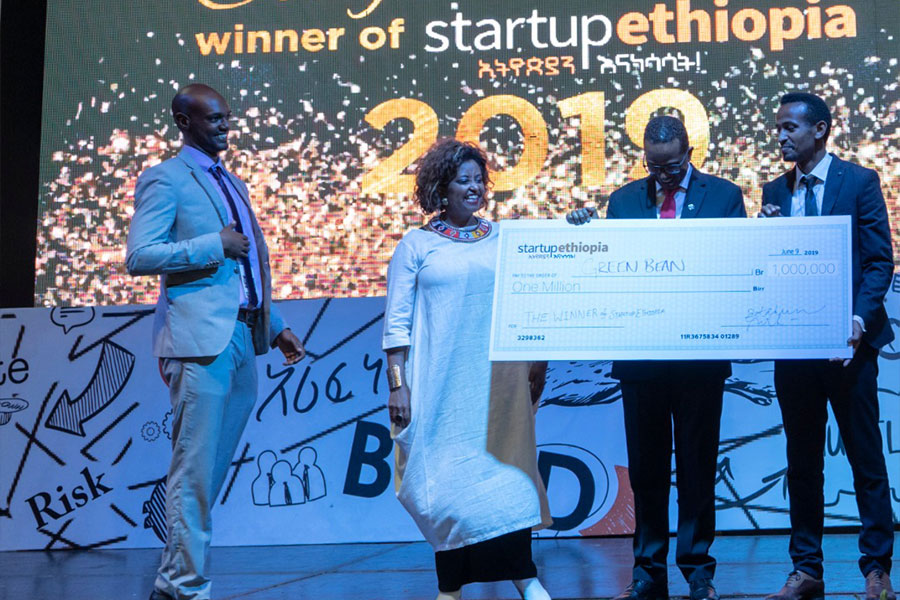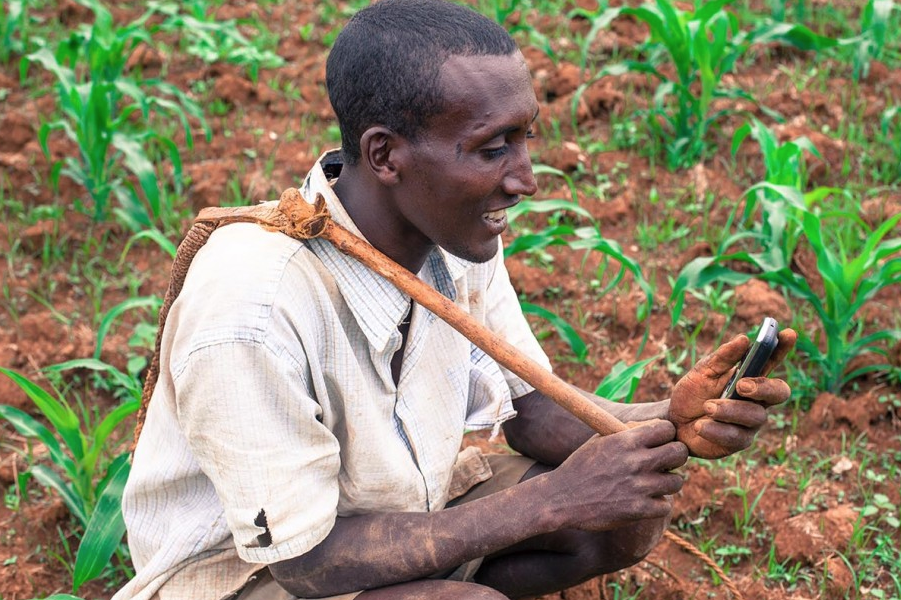
Radar | Oct 03,2020
Dec 7 , 2019.
In the little over 100 years since the introduction of the first vehicle to Ethiopia, the advancement in science and technology has been nothing short of astounding. Humans have landed on the moon, and they are plotting ways to become a multi-planetary species and colonise mars. A few private companies are already selling tickets for future travel to the red planet.
However, the governance structure of the modern state in Ethiopia, whose foundations were put in place around the same time, has not kept pace. The reasons are many, as the process of state formation remains highly contested.
Battling the same old foes of poverty and underdevelopment with the same old systems of governance has not brought the long sought after leap forward. Therefore, new thinking and policy innovation in the governance system is called for.
Innovation is about those in public policy thinking outside the box and finding new ways of solving challenges that citizens struggle with. It is about overcoming old structures and embracing new technologies and ideas to bring in efficiency and maximum impact.
One area to start this could be in the energy sector.
One of the keys to economic development is access to energy. With more than three billion people relying on polluting solid fuels for cooking, which causes an estimated 3.8 million premature deaths in the world each year, according to WHO, this is a key area that requires new thinking.
Among the many profitable advances of science is the area of renewable energy generation. One of these is solar power. With rapid advancements in solar panel and battery cell technology, it is now possible for most households to generate not only enough power for their own usage but also to sell the extra energy to the national grid.
This has already been tried in some countries successfully. For instance, a record was set on a Friday in May 2017, when solar energy supplied around a quarter of the UK’s electricity.
The only obstacle for most Ethiopian households to get on board such plans would be the lack of finance for the initial investments. This is where smart public policy making and intervention comes in. Through the provision of generous loans for the import and assembly of solar panels for households that can sell to the national grid, the government can encourage an environmentally friendly way of solving a chronic problem.
Off-grid renewable energy also can be an innovative way to help reach the over 12 million households that live without power in Ethiopia. Since only 29pc of people living in rural areas, who are mostly farmers, have access to electricity, they cannot use modern appliances that could boost productivity.
Electrical appliances like irrigation systems and refrigeration could increase food production and reduce post-harvest losses. But most of these poor households cannot afford them without generous financing options but also cannot use them without access to electricity. Even though the few large-scale farms with access to finance use diesel-powered appliances, that causes pollution and has an adverse effect on the environment.
The smarter investment for a country like Ethiopia with a large rural population would be on the new emerging off-grid solar powered agricultural appliances targeting smallholder farmers.
The United Nations Environmental Programme estimates that every 10pc increase in farm yield has led to a seven percent decrease in poverty in Africa. Since the use of machinery in farming increases output by as much as five times, it is a no-brainer that investing in these households is smart policy. This is not only because it empowers farmers, but also because these new agricultural appliances that leverage solar power are projected to be a huge market that can stimulate the economy.
A recent World Bank Group report found that the solar water pump market alone represents 734 million dollars, which is projected to more than triple to 2.8 million farmers - or a 1.6-billion-dollar market - by 2030. Again lowering the barrier to credit facilities for smallholder farmers through credit guarantees can unleash the potential of this sector with all its multi-faceted potential. It is good for the environment, and it is good for farmers. And in Ethiopia, what is good for the farmer is especially good for the government.
In the same vein, it is time to consider allowing zero tariff imports of electric vehicles to curb the heavy dependence of the country on highly polluting biofuel energy sources. In the 2018/19 fiscal year, Ethiopia spent about 360 million dollars on benzene. If this trend continues without a shift in policy, it may need to spend one billion dollars a year on benzene by 2030. This is clearly not environmentally sustainable nor economically smart.
Even though electric vehicles may have a slightly more expensive price tag at purchase, the energy savings over time clearly pays back. Although the reduced income to the government as a result of the zero tariff import would not be insignificant, the savings from less spending on benzene will more than pay for it, as it is expected it would save upwards of 1,000 dollars a year for a vehicle on benzene imports for many years to come. This is in addition to the environmental benefits!
Heat and transport constitute 80pc of total energy consumption. Applying smart and forward looking public policy making that take advantage of new but available technologies to solve these problems in a more efficient and environmentally sustainable manner is the kind of new governance that welcomes the future now.
PUBLISHED ON
Dec 07,2019 [ VOL
20 , NO
1023]

Radar | Oct 03,2020

Films Review | Apr 30,2022

Sunday with Eden | Oct 23,2021

Commentaries | Jun 01,2019

Viewpoints | Oct 02,2021

Radar | Nov 23,2019

Agenda | Dec 01,2024

Featured | Jul 06,2019

Viewpoints | Aug 31,2019

Fortune News | Mar 09,2019

Photo Gallery | 180288 Views | May 06,2019

Photo Gallery | 170485 Views | Apr 26,2019

Photo Gallery | 161514 Views | Oct 06,2021

My Opinion | 137269 Views | Aug 14,2021

Dec 22 , 2024 . By TIZITA SHEWAFERAW
Charged with transforming colossal state-owned enterprises into modern and competitiv...

Aug 18 , 2024 . By AKSAH ITALO
Although predictable Yonas Zerihun's job in the ride-hailing service is not immune to...

Jul 28 , 2024 . By TIZITA SHEWAFERAW
Unhabitual, perhaps too many, Samuel Gebreyohannes, 38, used to occasionally enjoy a couple of beers at breakfast. However, he recently swit...

Jul 13 , 2024 . By AKSAH ITALO
Investors who rely on tractors, trucks, and field vehicles for commuting, transporting commodities, and f...

Nov 2 , 2025
The National Bank of Ethiopia (NBE) has scrapped the credit-growth ceiling that had s...

Nov 2 , 2025 . By SURAFEL MULUGETA
The burgeoning data mining industry is struggling with mounting concerns following th...

Nov 2 , 2025 . By YITBAREK GETACHEW
Berhan Bank has chosen a different route in its pursuit of a new headquarters, opting for a transitional building instea...

Nov 2 , 2025 . By BEZAWIT HULUAGER
Nib International Bank S.C. has found itself at the epicentre of a severe governance...